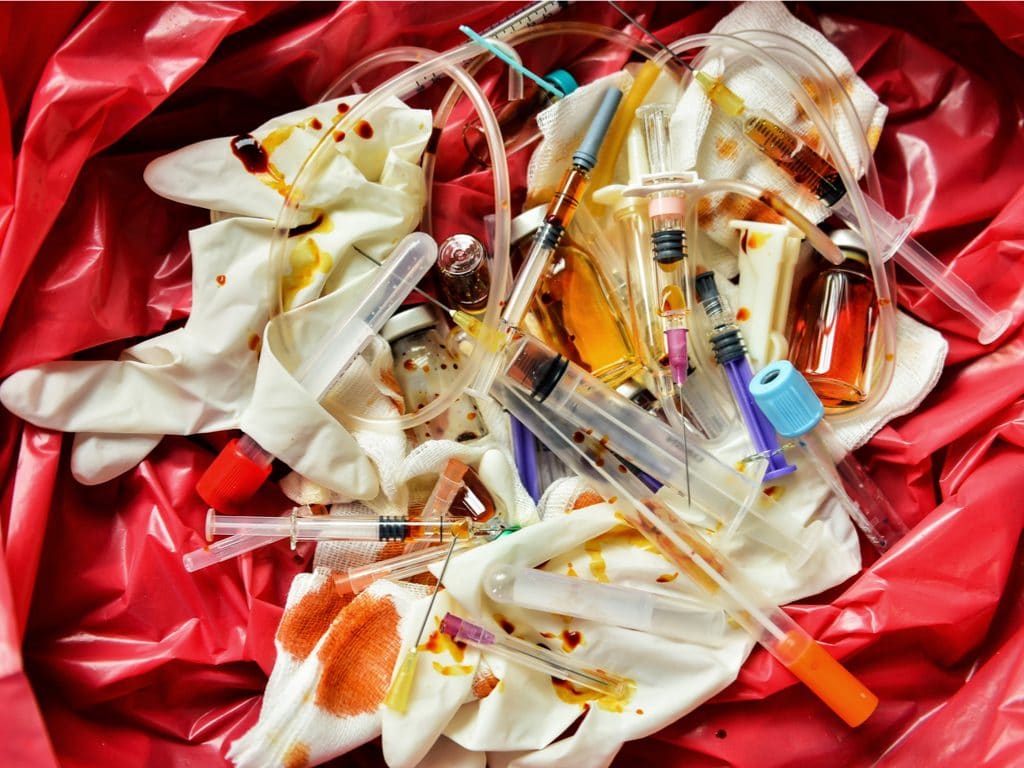Hospitals produce a significant amount of hazardous waste on a daily basis. These are wastes containing organic or inorganic compounds, which have physical, chemical or toxicological properties. These elements can cause significant damage to the environment if neglected by caregivers.
To ensure better management of this waste, Averda, the company in charge of waste collection in South Africa, has just launched, on the occasion of the International Environment Day (which takes place on Tuesday, June 5 2018), a hazardous waste monitoring system. Called Averda Tru Track, it will help hospitals and companies that manufacture health care products (potentially hazardous to the environment) to better collect, transport and dispose of waste.
“The system uses radio frequency identification tags that are attached to containers that contain high-risk waste. Scanners on scales, collection vehicles and processing facilities automatically record information, including collection and delivery weight, time, date and location. This data is automatically captured and uploaded to an online customer portal,” explains Eugene Barnard, healthcare manager at Averda South Africa.
A response to the new legislation on hazardous waste management
Since President Cyril Ramaphosa came to power in South Africa, several measures have been taken to protect the environment. This is the case with the new hazardous waste management legislation that requires health facility operators to “handle, collect, transport, remove, treat and dispose of their waste in a manner that does not pose a risk to human health and the environment”.
In 2017, 19.5 million tons of waste from health facilities were generated in the rainbow nation. According to figures from the Waste Information Centre (an institution under the South African Department of Environmental Affairs, editor’s note), one million tons of perilous waste ended up in landfills the same year.
Jean Marie Takouleu
